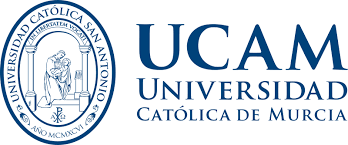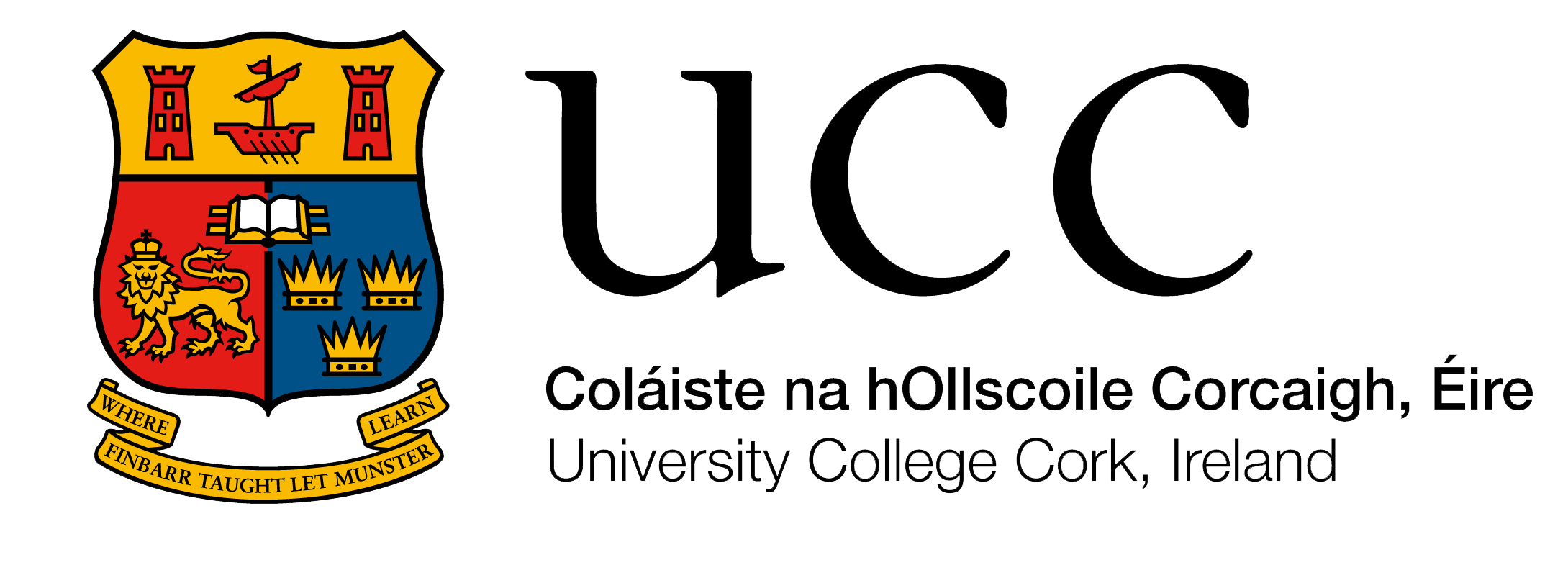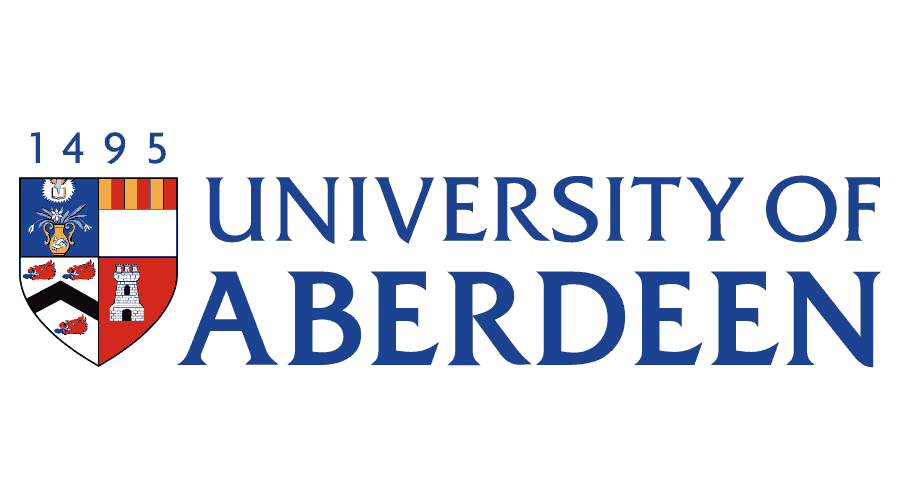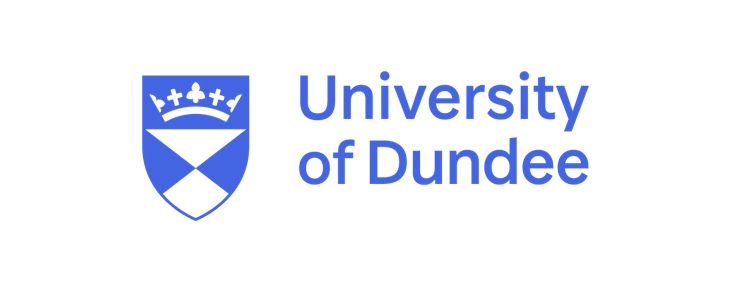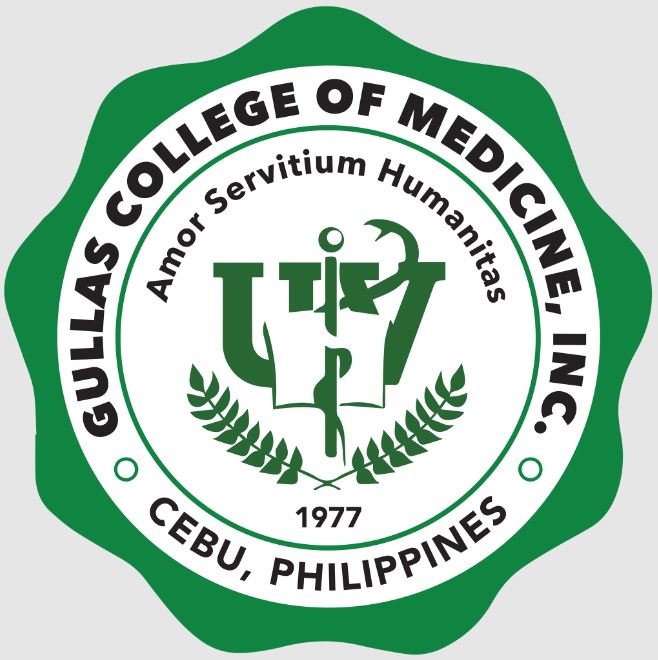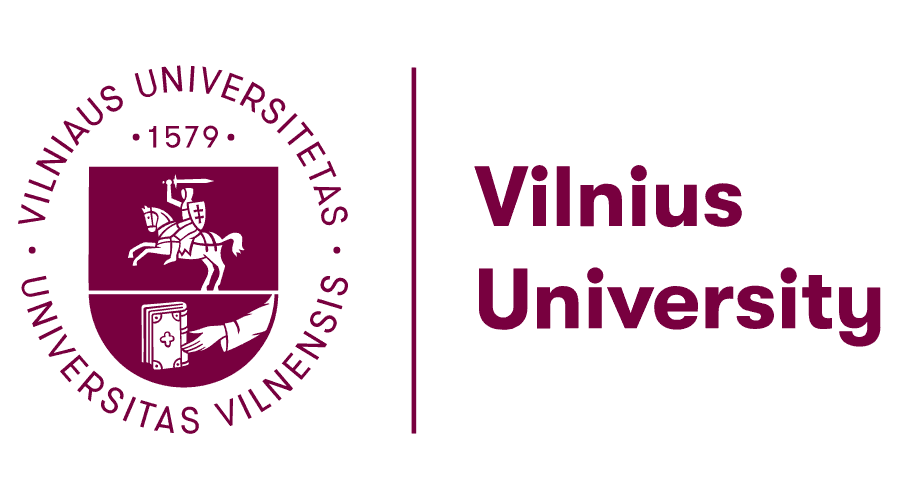Dentistry Programs Abroad for Indian Students
Embarking on a journey to study dentistry abroad is an exciting and transformative decision for Indian students. The global demand for skilled dental professionals continues to rise, and an international education can provide you with cutting-edge knowledge, diverse clinical experiences, and a globally recognized qualification. This page will guide you through what to expect from dentistry programs overseas, covering popular destinations, curriculum highlights, career prospects, and essential application advice.
Why Study Dentistry Abroad?
Studying dentistry internationally offers numerous advantages:
- World-Class Education: Access to universities with state-of-the-art facilities, advanced research opportunities, and innovative teaching methodologies.
- Global Perspective: Exposure to different healthcare systems, patient demographics, and dental practices, broadening your understanding of the profession.
- Enhanced Skill Set: Hands-on training with diverse cases and modern equipment, often surpassing what might be available locally.
- International Recognition: Degrees from reputable international institutions are highly valued worldwide, opening doors to global career opportunities.
- Personal Growth: Living and studying in a new country fosters independence, adaptability, and cross-cultural communication skills.
Popular Destinations for Dentistry
Several countries are renowned for their excellent dentistry programs. Here are a few top choices among Indian students:
United Kingdom ??
The UK boasts some of the oldest and most prestigious dental schools in the world. Programs are typically 5 years long for a Bachelor of Dental Surgery (BDS) degree. The curriculum is rigorous, focusing on both theoretical knowledge and extensive practical training. Graduates are eligible to register with the General Dental Council (GDC) to practice in the UK.
- Key Features: Strong emphasis on evidence-based dentistry, early patient contact, integrated clinical and academic learning.
- Top Universities: King's College London, University of Bristol, University of Glasgow, University of Sheffield.
Australia ??
Australian dental schools offer high-quality education with a strong focus on practical skills and research. Programs can be either undergraduate (5-year Bachelor of Dental Surgery/Science) or postgraduate (Doctor of Dental Medicine/Surgery after a bachelor's degree). Graduates are eligible for registration with the Dental Board of Australia.
- Key Features: Modern facilities, diverse patient populations, strong research output, focus on public health dentistry.
- Top Universities: University of Melbourne, University of Sydney, University of Queensland, Griffith University.
Canada ??
Canadian dental education is highly respected, often requiring a prior bachelor's degree for admission to a Doctor of Dental Surgery (DDS) or Doctor of Dental Medicine (DMD) program, which typically lasts 4 years. The curriculum is comprehensive, covering all aspects of dental practice. Licensing bodies in each province regulate practice.
- Key Features: Emphasis on critical thinking, problem-solving, and advanced clinical techniques.
- Top Universities: University of Toronto, McGill University, University of British Columbia, Western University.
United States ??
Similar to Canada, US dental programs (DDS/DMD) are postgraduate, requiring a bachelor's degree and often the Dental Admission Test (DAT). These programs are typically 4 years long. The US offers a vast array of specialization options after general dentistry. Licensing is state-specific.
- Key Features: Highly specialized training, extensive research opportunities, advanced technology integration.
- Top Universities: Harvard University, University of Pennsylvania, University of California San Francisco, New York University.
Europe (e.g., Germany, Ireland, Hungary) ??
Many European countries offer excellent dentistry programs, some taught in English, particularly appealing due to often lower tuition fees compared to Anglo-Saxon countries. Programs can vary in length (5-6 years) and degree awarded (e.g., DMD, BDS). Recognition varies by country, but an EU degree often facilitates practice within the European Union.
- Key Features: Diverse cultural experience, opportunity to learn another language, often more affordable.
- Top Universities: Semmelweis University (Hungary), Trinity College Dublin (Ireland), Ludwig Maximilian University of Munich (Germany).
Curriculum & What You'll Learn
A typical dentistry curriculum is extensive and multifaceted, designed to equip you with both theoretical knowledge and practical skills. While specific course names may vary, the core content remains consistent across most international programs.
Foundation Years (Year 1-2)
- Basic Medical Sciences: Anatomy, Physiology, Biochemistry, Pharmacology, Microbiology, Pathology. These subjects provide the fundamental understanding of the human body and disease.
- Oral Biology: Specific study of the structure and function of oral tissues, including tooth development, salivary glands, and oral mucosa.
- Dental Materials: Properties and applications of various materials used in dentistry (e.g., amalgam, composites, ceramics).
- Introduction to Clinical Practice: Early exposure to dental ethics, communication skills, patient management, and basic clinical procedures in simulation labs.
Clinical Years (Year 3-5/6)
These years are heavily focused on practical application and patient care.
- Restorative Dentistry: Fillings, crowns, bridges, and other procedures to restore tooth structure.
- Periodontology: Diagnosis and treatment of gum diseases.
- Oral Surgery: Tooth extractions, minor surgical procedures, and management of oral infections.
- Endodontics: Root canal treatments.
- Prosthodontics: Dentures, implants, and other prosthetic devices.
- Orthodontics: Diagnosis and treatment of malocclusion (braces and aligners).
- Paediatric Dentistry: Dental care for children.
- Oral Medicine & Radiology: Diagnosis of oral diseases and interpretation of dental X-rays.
- Public Health Dentistry: Community dental health programs and preventive strategies.
- Emergency Dental Care: Management of acute dental problems.
Throughout the program, you will gain extensive hands-on experience in university clinics, treating real patients under the supervision of experienced faculty. This practical exposure is crucial for developing confidence and competence.
Admission Requirements for Indian Students
Admission criteria can be competitive and vary by country and university. However, common requirements include:
- Academic Excellence: Strong scores in 10+2 examinations, particularly in Science subjects (Physics, Chemistry, Biology). Some universities may require specific aggregate percentages.
- Entrance Exams:
- UK: UCAT (University Clinical Aptitude Test) or BMAT (BioMedical Admissions Test).
- Australia: UCAT ANZ or GAMSAT (for postgraduate entry).
- Canada/USA: DAT (Dental Admission Test).
- Some European universities may have their own entrance exams.
- English Language Proficiency: IELTS or TOEFL scores are mandatory for non-native English speakers. A minimum score of 6.5-7.5 in IELTS is typically required.
- Personal Statement/SOP: A compelling essay outlining your motivation for studying dentistry, relevant experiences, and career aspirations.
- Letters of Recommendation (LORs): Academic references from teachers or mentors.
- Work Experience/Volunteering: While not always mandatory, shadowing a dentist or volunteering in a healthcare setting can significantly strengthen your application.
- Interview: Many top dental schools conduct interviews to assess your communication skills, critical thinking, and suitability for the profession.
Application Timeline (General)
It's crucial to start your application process well in advance, often 12-18 months before the desired intake year.
| Timeline | Activity |
|---|---|
| 18-12 Months Prior | Research universities & programs, prepare for entrance exams (UCAT, DAT, etc.), begin IELTS/TOEFL prep. |
| 12-9 Months Prior | Take entrance exams, gather academic transcripts, request LORs. |
| 9-6 Months Prior | Write personal statement/SOP, submit applications. |
| 6-3 Months Prior | Attend interviews (if invited), receive admission decisions. |
| 3-1 Month Prior | Apply for student visa, arrange accommodation, book flights. |
Career Prospects After Graduation
A degree in dentistry from an international university opens up a world of opportunities. Graduates can pursue various career paths:
- General Dental Practitioner: Work in private practice, public health clinics, or hospitals, providing comprehensive dental care.
- Specialization: Pursue postgraduate training in areas like Orthodontics, Oral & Maxillofacial Surgery, Endodontics, Periodontics, Paediatric Dentistry, or Prosthodontics.
- Academia & Research: Contribute to dental education and scientific advancements by working as a lecturer or researcher at universities.
- Armed Forces: Serve as a dental officer in military healthcare services.
- International Aid Work: Work with NGOs providing dental care in underserved regions globally.
Many countries offer post-study work visas, allowing international graduates to gain valuable professional experience before potentially seeking permanent residency or returning to India. It's important to research the specific licensing requirements for practicing dentistry in your desired country, as these can vary significantly.
Financial Considerations
Studying abroad involves significant financial investment. Key costs include:
- Tuition Fees: Dentistry programs are among the most expensive. Annual fees can range from £20,000 to £50,000+ in the UK, AUD 40,000 to AUD 70,000+ in Australia, and even higher in the US and Canada.
- Living Expenses: Accommodation, food, transport, textbooks, and personal expenses. These vary greatly by city and lifestyle, typically ranging from £10,000 to £15,000 per year in the UK, or similar equivalents in other countries.
- Application Fees & Exams: Costs for university applications, entrance exams (UCAT, DAT), and English proficiency tests (IELTS).
- Health Insurance: Mandatory for international students in most countries.
- Visa Application Fees: Costs associated with obtaining your student visa.
Funding Options:
- Scholarships: Many universities and external organizations offer scholarships specifically for international students, including those pursuing dentistry. Research these opportunities early.
- Education Loans: Banks in India offer education loans for studying abroad, often covering tuition and living expenses.
- Part-time Work: Most student visas allow for limited part-time work during term time, which can help offset living costs.
Planning your finances meticulously is crucial for a stress-free study abroad experience. Create a detailed budget and explore all available funding options.
Life as an International Dental Student
Studying dentistry is demanding, and doing so in a new country adds another layer of challenge and excitement. You'll be part of a diverse student body, learning alongside peers from all corners of the globe. This multicultural environment enriches your learning and personal development.
Expect a rigorous academic schedule, long hours in the clinic, and continuous assessment. However, the rewards—the ability to alleviate pain, restore smiles, and improve oral health—are immense. You'll also have opportunities to engage in student societies, sports, and explore your new surroundings, creating unforgettable memories.
Embark on your journey to become a globally competent dental professional. The world awaits your expertise!
Interested in seeing what a modern dental clinic might look like, or perhaps a student practicing in a simulation lab? It's an immersive experience!







